For Immediate Release: March 22, 2015 Contact: Christina DiPasquale, 202.716.1953, christina@balestramedia.com Courtney Holsworth, 989.572.8162, courtney@balestramedia.com
Pending FCC Decision on Lifeline Program to Open Economic and Educational Opportunities for Nation
Next week, on March 31, the Federal Communications Commission is expected to issue a decision on modernizing the Lifeline program, to provide a modest discount for the poorest Americans to receive both phone and Internet service. Cost is often a barrier preventing people from getting online and it is the reason that more than half of low-income households cancel their service and fall offline. Lifeline has the potential to narrow the gulf between Americans who are able afford the economic, educational, civic and social benefits that high-quality Internet access can bring, and those who cannot–with disparities most prevalent among communities of color, the poor, seniors, and people with less formal education. Jessica Gonzalez, executive director and general counsel at the National Hispanic Media Coalition, is available for interviews on the Lifeline program. After being laid off from her public school teacher job in 2004, she was a Lifeline recipient for a short time and was able to list a reliable phone number on her resume, enabling her to communicate with potential employers and the law school admissions and financial aid offices—ultimately making it possible for her to become an attorney. She has consulted with the FCC on the program and testified before Congress multiple times on Lifeline’s potential to help more families get online and stay connected. An ardent supporter of Lifeline for nearly a decade, the National Hispanic Media Coalition has been very active in the Commission’s ongoing modernization process over the past year, filing comments and reply comments in the FCC’s proceeding. Recently, NHMC joined a letter submitted by civil rights groups, public interest advocates, and communications companies urging the FCC to act swiftly to modernize the program and has endorsed many of the proposals laid out in a draft order that the FCC circulated. Key reforms to the Lifeline before the FCC include proposing minimum service standards and streamlining the process by which consumers and service providers participate in the program. A full half of Latino households and households with incomes less than $30,000 a year lack a high-speed broadband connection, and more than half of seniors and 36 percent of Black households remain disconnected. Without the online tools and resources needed to learn, work, stay connected and thrive in the 21st century, these communities are excluded from the vital opportunities that the Internet brings. Expansion of the Lifeline program would:###
The National Hispanic Media Coalition (NHMC) is a media advocacy and civil rights organization for the advancement of Latinos, working towards a media that is fair and inclusive of Latinos, and towards universal, affordable, and open access to communications.
]]>